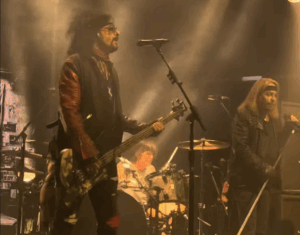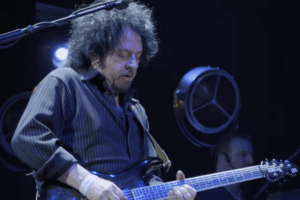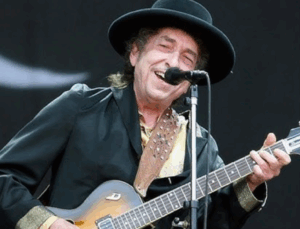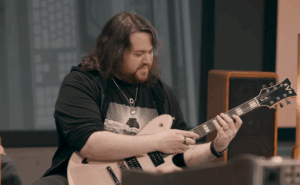Daughtry’s Chris Daughtry Reveals the Past Moment He Still Cringes Over
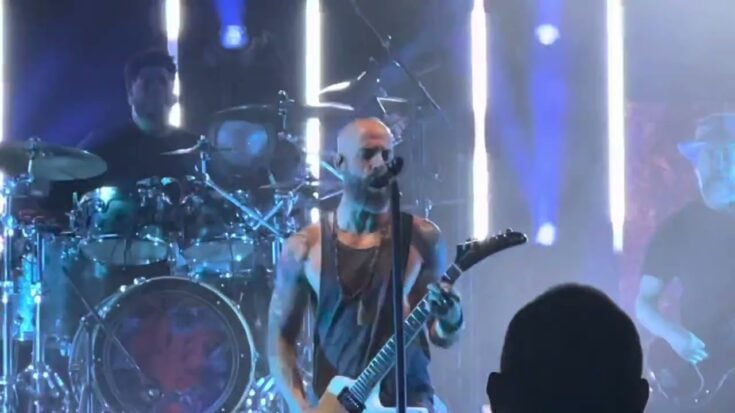
via Guy Masucci / youtube
Chris Daughtry recently looked back on his two-decade career, offering candid reflections on his evolution as an artist in an interview with Page Six. The rock singer discussed revisiting his early recordings and the insights they provide into the formative years of his sound.
“I look back on the last 20 years and it feels like I’m looking at different people along the way. Different versions of myself. And sometimes it feels like I’m watching somebody else’s movie,” Daughtry said. “I cringe. Some of it makes me go, ‘Oh, man.’ I can appreciate it and I can respect it. I think what makes me cringe the most is when I hear me trying to be somebody else or at least I can hear it in my voice.”
According to Daughtry, this journey of self-discovery is common among musicians. Early work often reflects the influences that shape an artist before touring and experience allows them to refine a personal voice.
“I think it was an involuntary act. I can do this with other artists, too, and go back and listen to their earlier work and go, ‘Oh, they were still trying to figure it out there.’ Your earlier work is always going to sound closest to your influences because you haven’t had a chance to go out on tour and really develop your thing that just comes with repetition,” he explained.
From Debut to Defining Sound
Daughtry’s first album, Daughtry (2006), marked his emergence from American Idol, where he finished fourth on the show’s fifth season. Choosing to form his own band rather than join Fuel, he quickly established a post-grunge, radio-friendly rock sound. The debut became the fastest-selling rock album in SoundScan history and was certified quintuple platinum, featuring hits like “It’s Not Over” and “Home.”
Yet, as Daughtry himself acknowledges, the debut represents a period of artistic exploration rather than a fully realized vision. By the time he recorded his second album, Leave This Town (2009), he had honed his identity. “When I went into my second album, I was like, ‘Oh, that’s me.’ Like that sounds like my voice now and I’ve kind of even still evolved since then over time and just with different songs and different styles and what that brings out in my voice. But the first record for sure I go back and I’m like, ‘Oh yeah, I was definitely, still figuring it out,’” he said.
Leave This Town debuted at No. 1 on the Billboard 200, incorporated more personal themes, including Daughtry’s small-town North Carolina upbringing, and marked the first album created collaboratively as a band. It cemented his place in mainstream rock while reflecting the more confident, authentic voice he had found.
Artistic Evolution and Creative Freedom
Over the years, Daughtry’s music has continued to evolve. After leaving RCA Records, he gained greater creative control, producing heavier and darker material on albums like Shock to the System (Part One and Two) (2021, 2025). Drawing inspiration from the bands he admired as a teenager, these works move away from the commercially safe, major-label-driven sound of his early career. Daughtry also now oversees visual elements, including music videos, demonstrating full ownership of his artistic vision.
“This progression reflects natural artistic growth,” he said, acknowledging his early experimentation without regret. Daughtry’s willingness to look back critically while continuing to push creative boundaries highlights a matured artist who has earned the freedom to pursue his authentic vision.
His reflections underscore a broader lesson about longevity in music: true artistry involves evolution, risk-taking, and self-discovery. For Daughtry, the journey from post-grunge radio hits to experimental, heavier rock is not just about changing styles—it’s about embracing the entirety of his creative voice and connecting with audiences on a deeper, more personal level.





